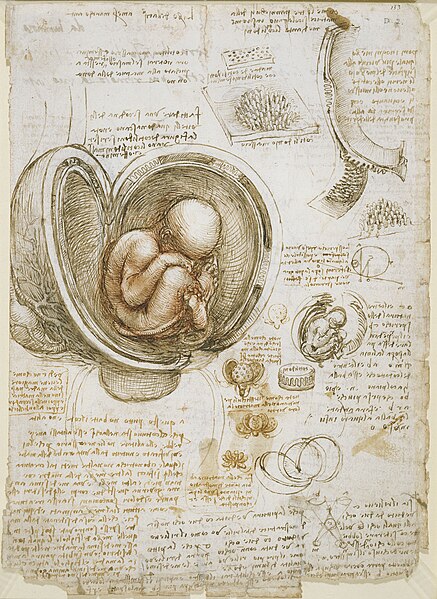Infinite photos and videos for every Wiki article ·
Find something interesting to watch in seconds
World Banknotes
Celebrities
Supercars
Recovered Treasures
Largest Empires
Countries of the World
Sports
Richest US Counties
Orders and Medals
Largest Palaces
Presidents
Animals
Crown Jewels
Rare Coins
Wonders of Nature
Great Cities
Ancient Marvels
Wars and Battles
Great Artists
Kings of France
Famous Castles
History by Country
Tallest Buildings
Great Museums
Best Campuses
British Monarchs
more top lists






